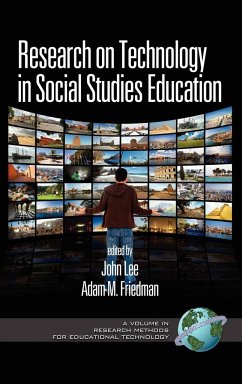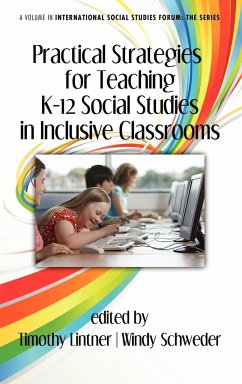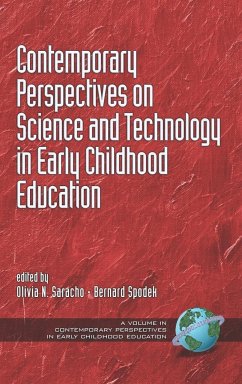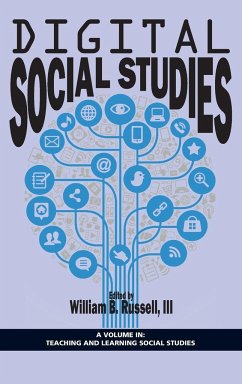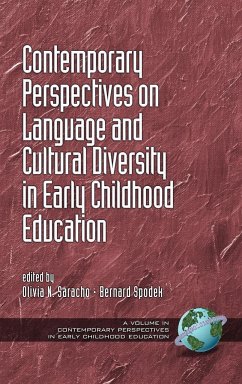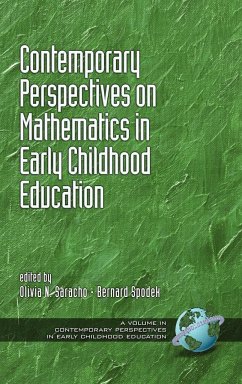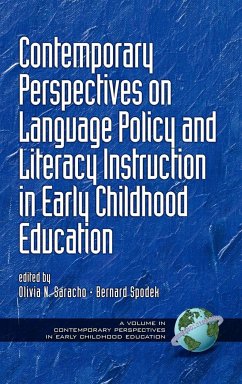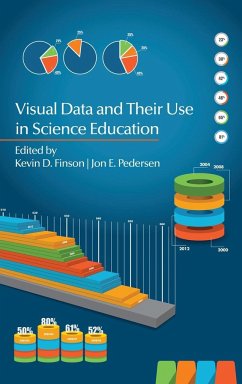A volume in Research Methods in Educational Technology Series Editor Walter F. Heinecke, University of Virginia Despite technology's presence in virtually every public school, its documented familiarity and use by youth outside of school, and the wealth of resources it provides for teaching social studies, there has been relatively little empirical research on its effectiveness for the teaching and learning of social studies. In an effort to begin to fill this gap in research literature, this book focuses on research on technology in social studies education. The objectives of this volume are threefold: to describe research frameworks, provide examples of empirical research, and chart a course for future research endeavors. Accordingly, the volume is divided into three overarching sections: research constructs and contexts, research reports, and research reviews. The need for research is particularly acute within the field of social studies and technology. As the primary purpose of social studies is to prepare the young people of today to be the citizens of tomorrow, it is necessary to examine how technology tools impact, improve, and otherwise affect teaching and learning in social studies. Given these circumstances, we have prepared this collection of research conceptualizations, reports, and reviews to achieve three goals. 1. Put forward reports on how research is being conducted in the field 2. Present findings from well-designed research studies that provide evidence of how specific applications of technology are affecting teaching and learning in social studies. 3. Showcase reviews of research in social studies It is with this framework that we edited this volume, Research on Technology and Social Studies Education, as an effort to address emerging concerns related to theorizing about the field and reporting research in social studies and technology. The book is divided into four sections. The first section of the book includes three descriptions of research constructs and contexts in social studies and technology. The second section is focused on research reports from studies of student learning in social studies with technology. The third section contains research reports on teachers' pedagogical considerations for using technology in social studies. In the fourth and final section, we present work that broadly reviews and critiques research in focused areas of social studies and technology. This volume contains twelve chapters, each of which focuses on social studies content and pedagogy and how the field is affected and enhanced with technology. The volume includes research and theoretical works on various topics, including digital history, digital video, geography, technology use in the K-12 social studies classroom, and artificial intelligence.

